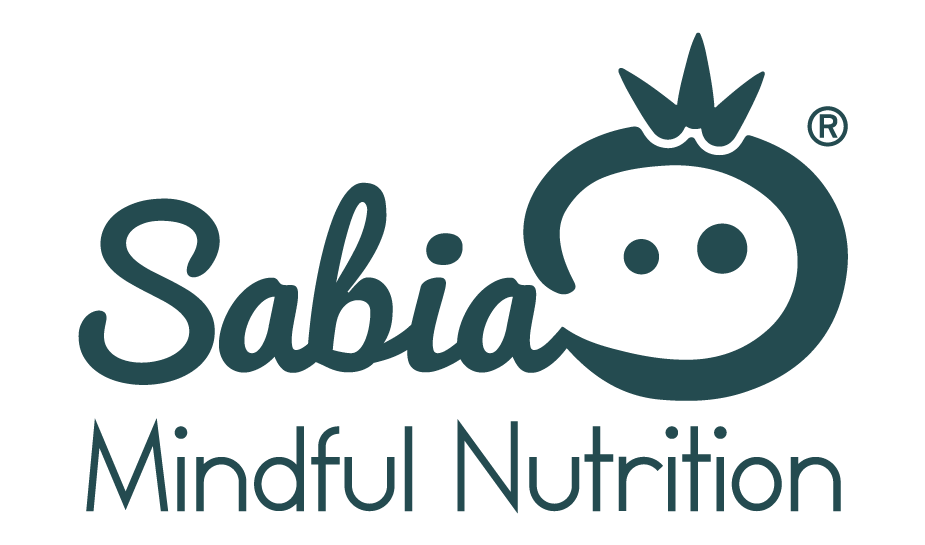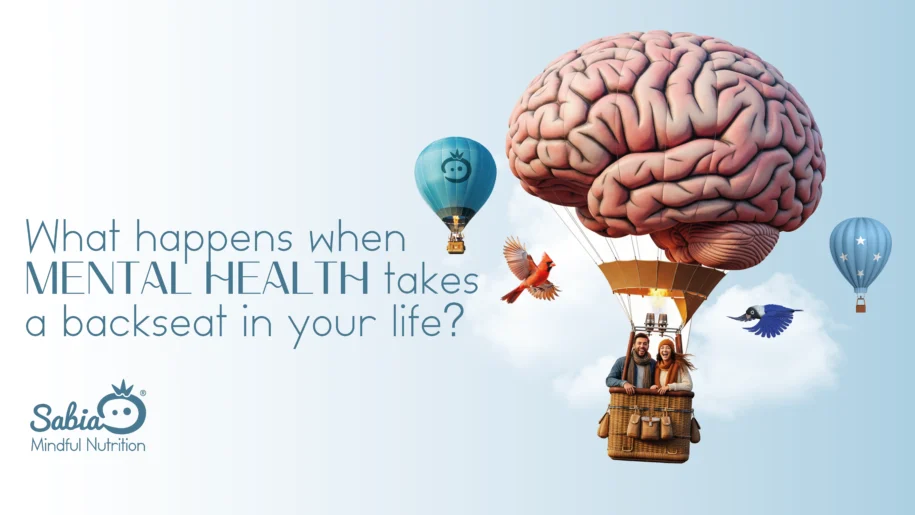October: World Mental Health Month – Prioritizing Mental Well-being
Why Mental Health Matters
Mental health is a cornerstone of overall well-being, influencing how individuals think, feel, and act. It affects our ability to handle stress, relate to others, and make choices. In the workplace, mental health plays a crucial role in productivity, job satisfaction, and employee retention.
Mental Health in Florida: A Snapshot
Florida faces significant mental health challenges. Approximately 3.5 million adults in Florida experience mental illness each year, equating to about 1 in 5 adults. Among these, 987,000 have a serious mental illness. Despite the prevalence, many individuals do not receive the necessary care. Over half of adults with mental illness in Florida did not receive treatment in the past year, with cost being a significant barrier.
Warning Signs of Mental Health Issues
Recognizing early signs of mental health issues is vital:
-
Persistent sadness or depression
-
Excessive anxiety or worry
-
Withdrawal from social interactions
-
Drastic changes in eating or sleeping habits
-
Difficulty concentrating or making decisions
-
Thoughts of self-harm or suicide
Consequences of Neglecting Mental Health
Ignoring mental health can lead to:
-
Increased absenteeism and presenteeism at work
-
Decreased productivity and performance
-
Higher risk of chronic health conditions
-
Strained relationships with colleagues and family
-
Increased risk of substance abuse
Causes of Mental Health Challenges
Several factors contribute to mental health issues:
-
Chronic stress and burnout
-
Lack of work-life balance
-
Traumatic events or past experiences
-
Genetic predisposition
-
Social isolation
-
Financial instability
Strategies for Maintaining Optimal Mental Health
To promote mental well-being:
-
Regular Exercise: Engage in physical activities to reduce stress and improve mood.
-
Balanced Diet: Consume a diet rich in nutrients to support brain health.
-
Adequate Sleep: Ensure 7-9 hours of quality sleep each night.
-
Social Connections: Foster and maintain relationships with family and friends.
-
Professional Help: Seek therapy or counseling when needed.
-
Mindfulness Practices: Incorporate meditation or yoga into daily routines.
Mental Health in the Workplace
For professionals aged 30-50, maintaining mental health is crucial:
-
Set Boundaries: Establish clear boundaries between work and life to prevent burnout.
-
Take Breaks: Regular breaks can enhance focus and productivity.
-
Seek Support: Utilize employee assistance programs or counseling services.
-
Promote a Positive Work Environment: Encourage open communication and support among colleagues.
Foods That Support Brain Health
Certain foods can boost mental well-being:
-
Fatty Fish: Rich in omega-3 fatty acids, essential for brain function.
-
Blueberries: Contain antioxidants that may delay brain aging.
-
Turmeric: Has anti-inflammatory properties that support brain health.
-
Broccoli: High in antioxidants and vitamin K, beneficial for brain function.
-
Pumpkin Seeds: Contain magnesium, iron, zinc, and copper, which support brain health.
-
Dark Chocolate: In moderation, it can improve mood and cognitive function.
References
-
National Alliance on Mental Illness (NAMI) Florida Fact Sheet.
-
Florida Behavioral Health Association Data Brief.
-
Florida Department of Health.
-
Mental Health America State Rankings.
-
Centers for Disease Control and Prevention (CDC).
-


